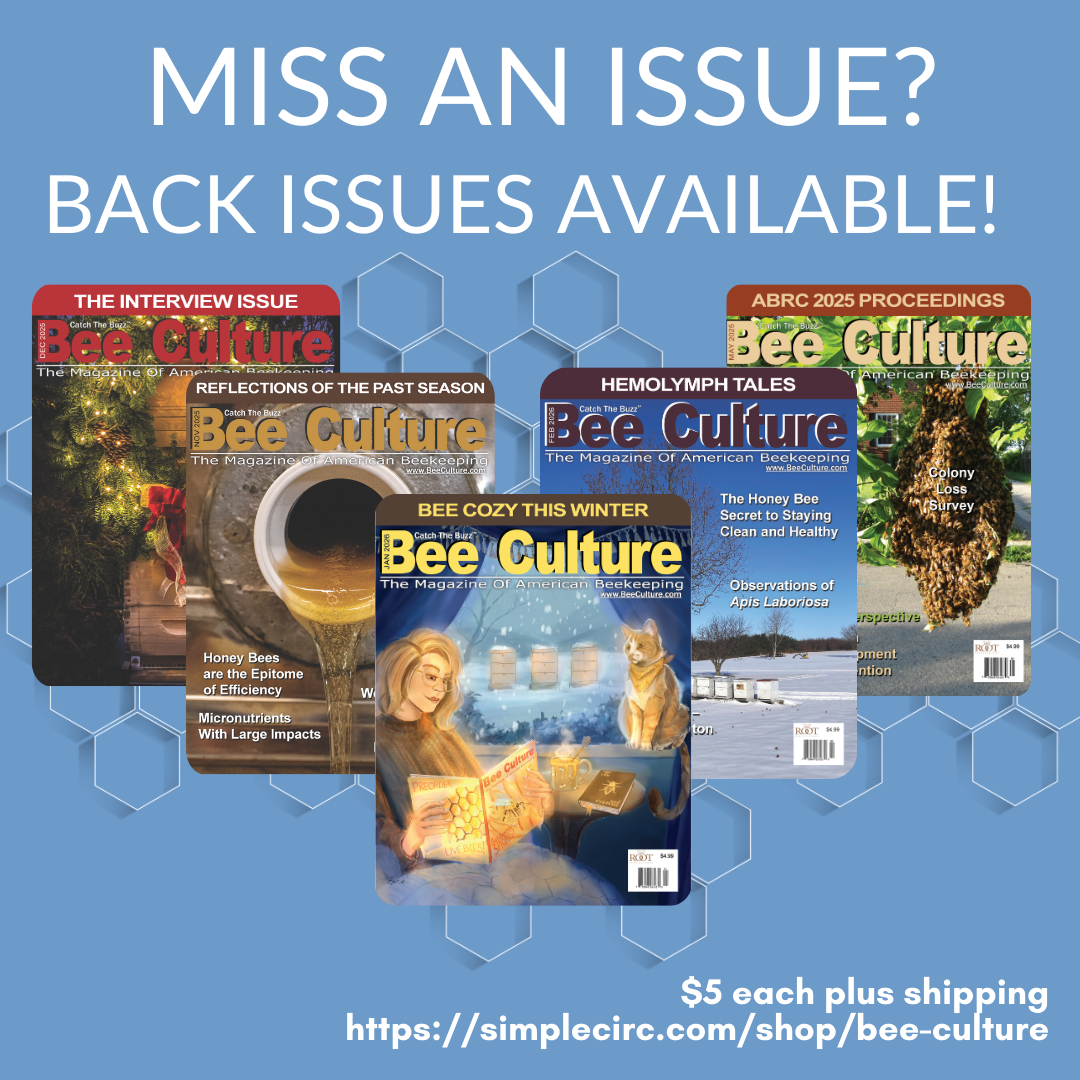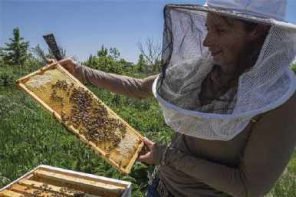by Jessica Daily
Several years ago I wrote up various articles here in Bee Culture Magazine for beekeepers, clubs and the like about social media. It covered why you might use social media to sell your products, your club and how to go about setting up your social media profiles on various different social media platforms.
Times have changed and really it’s no longer an option to not use social media – or it shouldn’t be. Not only is social media the place to connect with fans, buyers, and supporters, but it’s literally the cheapest paid advertising you’ll ever find. Or it can be when you do it right.
In the October 2012 issue of Bee Culture Magazine we covered how to set up your personal Facebook profile. It’s worth noting that you don’t have to personally use Facebook to use Facebook as a business. Indeed a friend uses Facebook to manage her VERY famous band’s Facebook page but doesn’t have a single friend on Facebook and does nothing there personally. You don’t have to like using Facebook personally to use it as a business. But ignoring it as a business or as a club would be foolish.
In the June 2013 issue of Bee Culture we covered how to get a Facebook page started for your small business. It may be that you’ve started doing things on Facebook but your page hasn’t grown as much as you’d like. In upcoming issues we’ll cover some best practices you can do to grow a bigger following. More importantly we’ll discuss how very tiny amounts of advertising can also help grow a larger fan base.
And by fans we mean buyers. Because really, that is what this is all about isn’t it? Members of your club, buyers of your product, attendees to your event. Whatever it is, the number of people who like your page isn’t really what’s important. What matters is how that translates into real life action. And it can and will when you do social media correctly!
In the July 2013 issue of Bee Culture we discussed Twitter and how to use it. While not the ultimate platform anymore, it is still a great place for those who want to follow you as you move about from farmers market to farmers market. And believe it or not, there are many people who don’t have a Facebook page but do have a twitter account. Depending on the gender, age, and other demographic characteristics, some people simply like one social platform over another. Twitter is still alive and well. In upcoming issues we’ll talk about how to know if you should be there or not.
In the January 2013 issue of Bee Culture we discussed Blogging, both where to blog and how. Things have changed on the blogging front and now many are publishing on other blogging platforms other than they own. In upcoming issues we’ll discuss knowing if you want to move over to other platforms or if this is necessary for you. It may be that blogging isn’t even for you anymore. Is it still necessary?
The social media world moves fast, but let’s face it, social media isn’t your primary business. So how do you manage this marketing side of your business without letting it take over the time you need to actually RUN your real business?
And MOST importantly, how do we insure that the things you’re doing pay off for you? There’s not any point at all to working hard at marketing if it’s not bringing people in the door, selling product, connecting you with clients and fans or insuring people know what you sell and that they’ll buy from you when the time comes.
Many social media educational sites will talk about things like Click-Through-Rate (CTR) and how to insure people are clicking on ads to get to your website. But that kind of thing doesn’t matter if it’s not actually selling product. CTR doesn’t pay your mortgage.
With that in mind when we talk about Facebook advertising we’re going to discuss how to keep costs low (no, I mean REALLY low – about $10 for an ad), how to reach new customers, and how to get actual BUYERS.
We’ll also be talking about tools you can use to make your marketing look better because, let’s face it, most of us aren’t graphic designers and don’t have the money to pay big bucks for someone to design every single thing we post to social media. And let’s be clear, there are some really great tools out there to make your posted content look great that don’t require you to spend much (if anything) and don’t require you to be a graphics pro at all.
We’ll talk about what has changed since folks first started advertising on Facebook and why that’s important to you. Most importantly we’ll talk about how it changes what you do there and on other social media platforms. You can’t just post whatever you like there anymore and have all of your fans see it. While that sounds like a bad thing, I’ll be explaining why it’s actually a great thing for you, your fans, and your business in general.
Finally, we’re also going to talk about those dreaded reviews that come with any brick and mortar business and how to deal with any review site. You don’t have to be afraid, but you also can’t ignore it. While “build it and they will come” doesn’t usually work in business, “ignore it and it will go away” also doesn’t work. But fixing problems isn’t as hard as you might think.
None of this is as difficult as you might think, and none of it needs to take as much time as you might think. But if business isn’t quite what you’d like it to be, if your club doesn’t have the turn out you’d like, or you simply need to get more people to know about what you’re doing, ignoring social media is going to be essential to you.
While for many the learning curve may be tricky, the great news is it’s a FRACTION of the cost associated with what you used to spend on traditional advertising. And it works!
Jessica Dally is the Director of Marketing for a company in Washington State and also runs her own marketing consulting business, Jessica Dally Consulting which can be found at www.JessicaDally.com or on Facebook at www.facebook.com/jessicadallyconsulting. She has worked with numerous beekeeping businesses including Bee Culture Magazine and was a former board member of Puget Sound Beekeepers in Seattle, WA.










